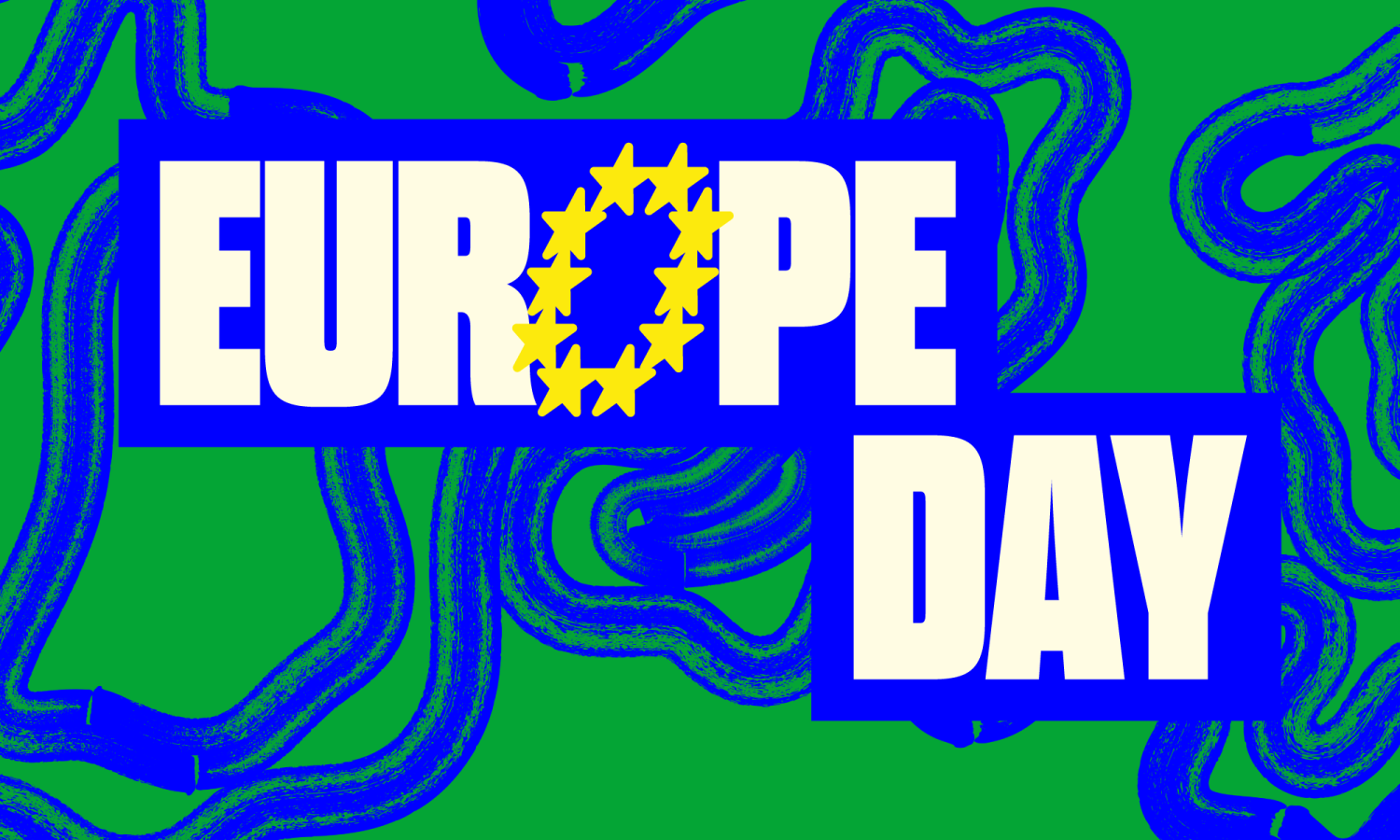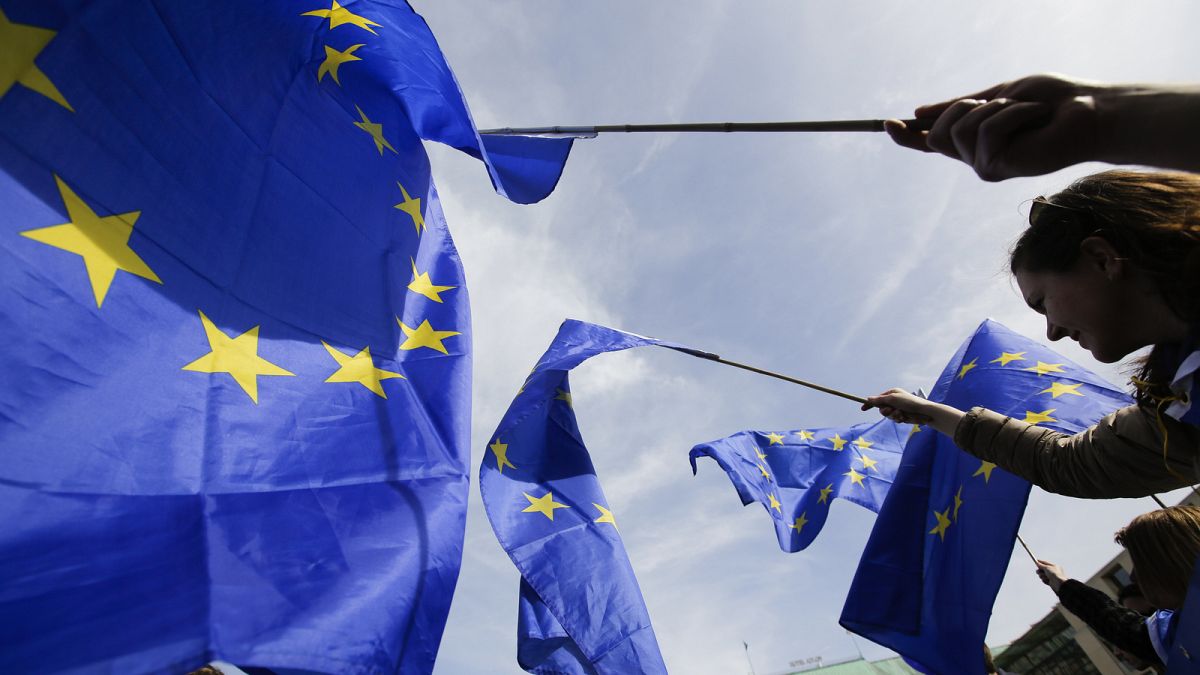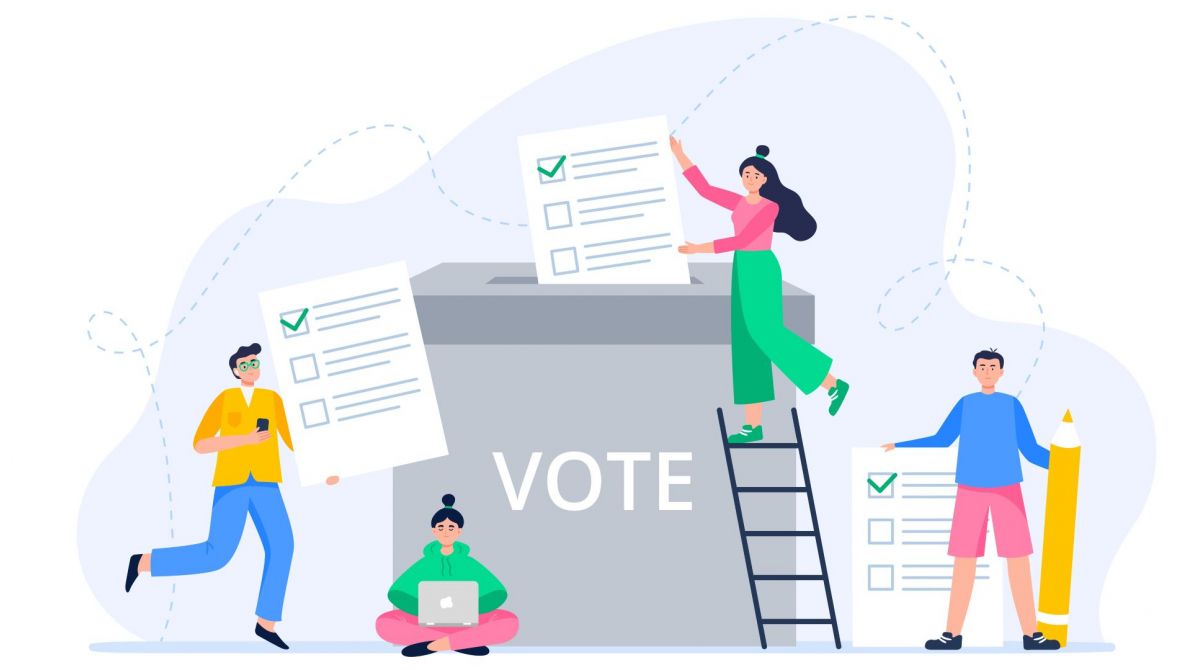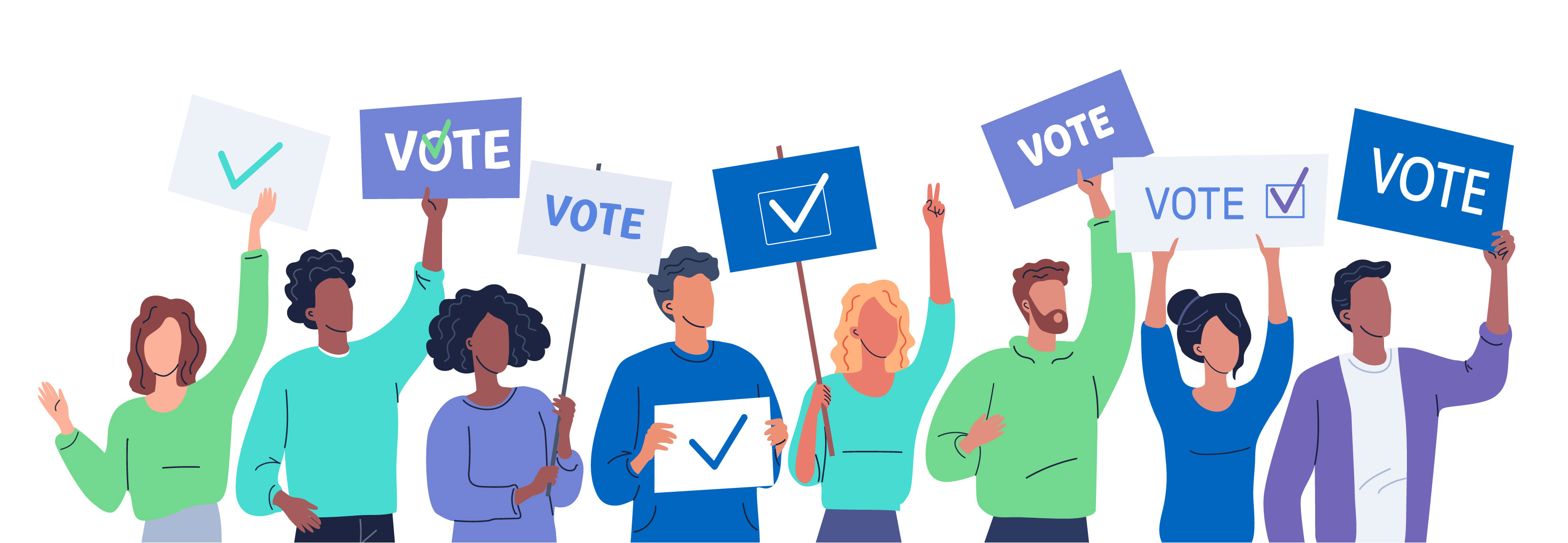On the 9th of Ma, many Europeans joined in celebrating Europe Day. It marks the anniversary of the historic Schuman Declaration in 1950, in which he laid out his idea for a new form of political cooperation in Europe.
As in previous years, the European Cultural Foundation hosts a celebration and offers a central hub for information about Europe Day celebrations that will be held from 5 – 12 May 2024 across Europe.
We are all citizens of Europe, regardless of our cultural backgrounds, orientations or convictions. Europe is where we share our lives, build experiences and imagine our futures.
Through cultural events, public debates, and exhibitions, Europeans learn about the history and shared values across Europe and can converse about its future.
The EU's Europe Day is not the only Europe Day ! Check here to find a Europe Day near you.
Together, these events help grow a stronger, more inclusive, more democratic, and more culturally aware European community with a shared commitment to our future and that of generations to come. For anyone can Europe Day!
"Visit the European Institutions as we mark the historic presentation of the Schuman Declaration on 9 May 1950. This pivotal moment was the beginning of European integration and cooperation for peace and unity."
- European elections:
This year EU Open Day in Brussels was held on Saturday 4th May. With the European Elections (6-9 June) around the corner, join a vibrant array of events and activities held in Brussels, Luxembourg, Strasbourg, and across the EU Member States.
Use this opportunity to better understand how the European Union shapes our daily life and how you can contribute to it.
Illustration: The Riksdag Administration
https://www.riksdagen.se/en/news/
Education:
"In an increasingly complex, unstable and inter-connected world, the European Union deals with global challenges that no EU country can tackle successfully on its own."
Democracy is a precious gift passed on to us from previous generations. They aspired towards it and fought for it. We should never take democracy for granted. It is up to us to maintain it, to make it stronger and pass it on to the generations to come.
If you live and teach in a Secondary school, in a European country from the European Union, it's important to talk about the importance of young people voting at European elections, because your students are European citizens who can vote very soon. Perhaps one or two of your students are already 18 years-old.
Young people, despite representing a significant part of the population, often does not feel the need to actively participate in the democratic process, especially when it comes to the European elections.
It is arguable that this kind of apathy is fueled by the lack of adequate civics education in schools. Without a solid understanding of the role of the European Union in everyday life and the consequences of decisions taken at European level, young people can easily feel alienated and disinterested in the electoral process.
This is your role as a teacher. Civics Education into your school curricula is very important!
Resources & Activities : Why vote is important
- Invite your students to watch the video here. Talk about European history before Schumann Declaration 1950, while listening to the testimonies of the elders. After that, listen the students about the messages they passed on to their grandchildren.
- Ask the students to enter on the page above and explore with them all the items by reading and discussing each item if the students have doubts.
- Prepare yourself without demonstrate your voting inclination - a teacher must be neutral and exempt - don't forget!
- You are in the class to talk about why citizens must voting, when they will have the age to do it, and the importance of voting. Not to tell them who to vote for.
- You must not let them know which it is you political idea.
credit: European elections
Resources +
Learning Corner : Teaching material, games and much more about the European Union and its activities, for children, teenagers, teachers and parents.
Age groups: up to 9 years ; ages 9 to 12 ; ages 12 to 15 ; ages 15 and more.
G-Souto
10.05.2024
Copyright © 2024G-Souto'sBlog, gsouto-digitalteacher.blogspot.com
Civics Education in Schools : Europe Day #AnyoneCanEuropeDay : Resources & Activities ! Resources by GinaSouto is licensed under a Creative Commons Attribution-NonCommercial-NoDerivatives 4.0 International License.






No comments:
Post a Comment